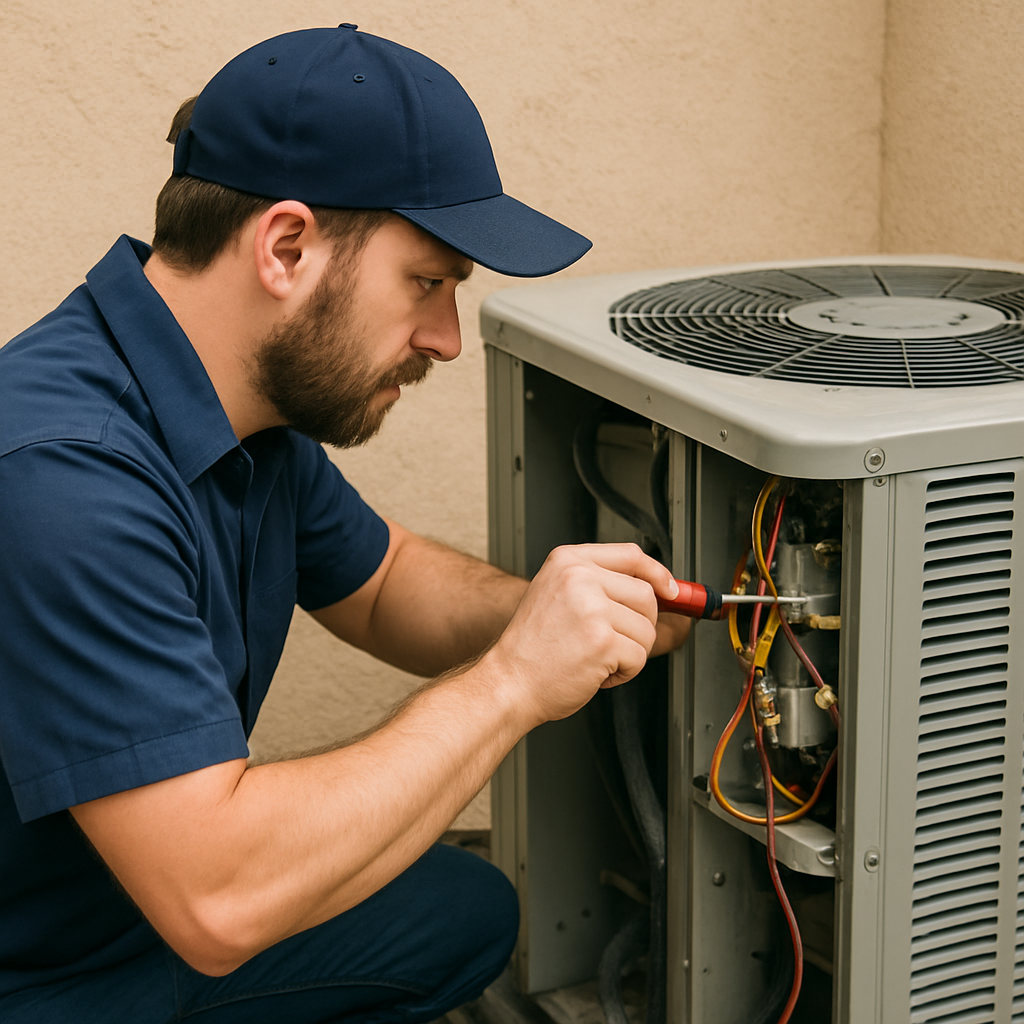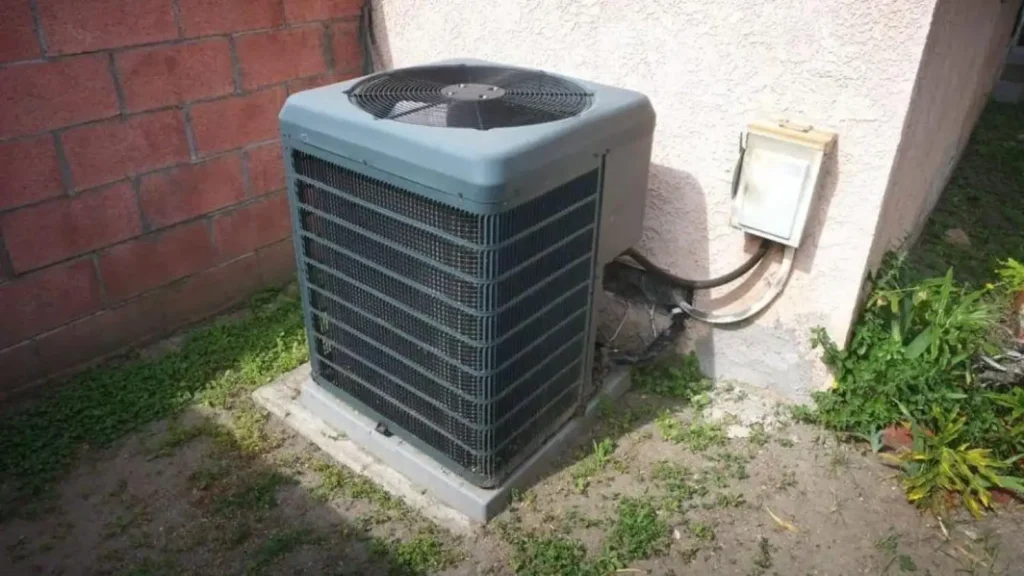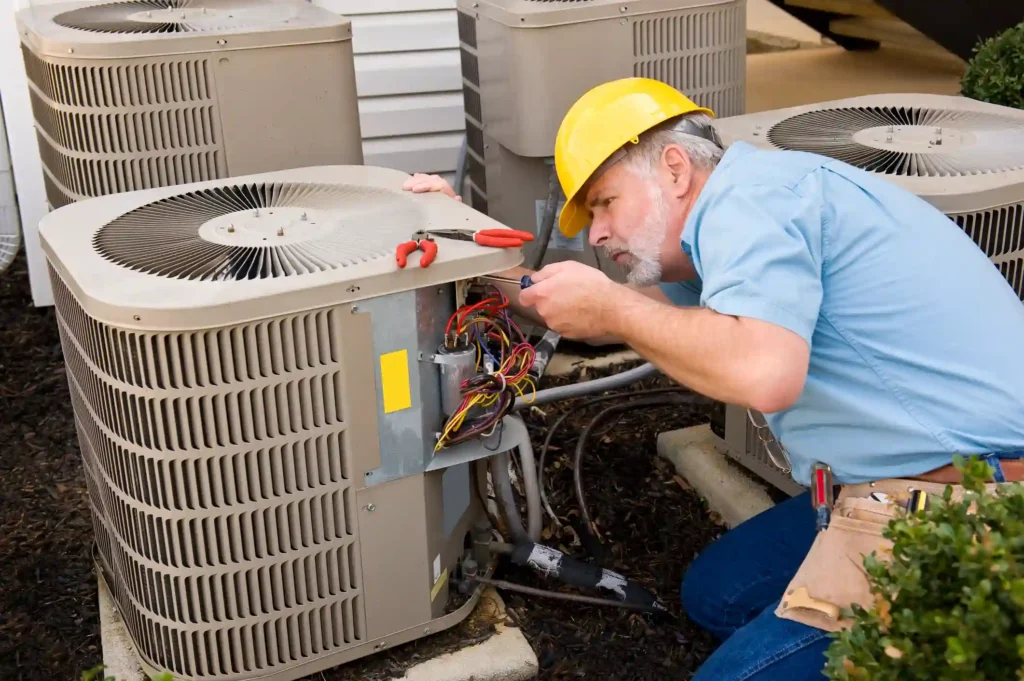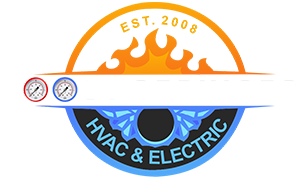Living in Pasadena, you’re no stranger to the blazing summer heat. With temperatures often soaring, a reliable air conditioning system is not just a luxury but a necessity for maintaining comfort at home. The relentless heat means your AC system works overtime during the summer months, and even the best systems can encounter issues with constant use. Recognizing the early signs of trouble with your outside AC unit can save you from the discomfort of a malfunction on a sweltering day and help you avoid more costly repairs down the line.
In this guide, we’ll outline the top signs that your outside AC unit needs repair, helping you address issues promptly and maintain a cool and comfortable environment. By being proactive, you can ensure your system is always ready to provide respite from the heat.
Before delving into potential problems, it’s essential to understand the basic components of your air conditioning system. The outside unit, often referred to as the condenser unit, is a critical part of the system that houses essential components such as the compressor, condenser coils, and fan. These parts work in harmony to expel heat absorbed from your home, allowing cool air to circulate indoors. Understanding how these components function can give you insight into why problems may arise and how they can be resolved.
Regular maintenance is key to ensuring your AC unit operates efficiently. By scheduling routine check-ups, you can prevent minor issues from escalating into costly repairs. Maintenance tasks include cleaning or replacing filters, checking refrigerant levels, and inspecting the system for signs of wear and tear. Moreover, regular maintenance enhances the longevity of your system, ensuring you get the most out of your investment. A well-maintained AC unit not only provides comfort but also operates more efficiently, reducing energy consumption and lowering utility bills.

Table of Contents
Signs Your Outside AC Unit Needs Repair
1. The Unit Won’t Turn On
If your outside AC unit is not turning on, it’s a clear indication of a problem. This issue could stem from a variety of causes, such as electrical faults, thermostat issues, or a malfunctioning compressor. If you find yourself asking, “Why is my outside AC unit not turning on?” it’s time to consult a professional. Ignoring this sign can lead to uncomfortable indoor temperatures and potential damage to other parts of the system.
A professional can diagnose the specific cause, whether it’s a simple fix like a tripped breaker or a more complex issue involving the internal components of the unit. Acting quickly can prevent further damage and ensure your home remains cool and comfortable.
2. Compressor Not Working
The compressor is the heart of your AC system. If the compressor is not working, you may notice the air inside your home isn’t as cool as it should be. Common symptoms of a failing compressor include strange noises, hard starting, and reduced airflow. An air conditioner compressor not kicking on requires immediate attention to prevent further damage. A malfunctioning compressor can also lead to increased energy bills as the system struggles to cool your home efficiently.
Ignoring a compressor issue can lead to a complete system breakdown. It’s crucial to have a professional assess the situation to determine whether a repair or replacement is necessary. Early intervention can save you from more significant issues and expenses down the road.
3. Unusual Noises
Hearing strange noises from your outside unit is a red flag. Rattling, buzzing, or hissing sounds could indicate loose parts, debris, or a refrigerant leak. Addressing these noises promptly can prevent extensive damage to your system. Unusual sounds often signal that something is amiss, and ignoring them can exacerbate the problem.
It’s important to differentiate between normal operational sounds and those that indicate trouble. A professional can identify the source of the noise and make the necessary repairs to ensure your system runs smoothly and quietly.

4. Reduced Cooling Efficiency
If your AC unit is running but not cooling effectively, it could be due to a dirty condenser coil, low refrigerant levels, or a failing compressor. This inefficiency not only affects your comfort but also increases energy consumption, leading to higher utility bills. A unit that doesn’t cool effectively may run longer than necessary, causing wear and tear on the system.
Addressing cooling efficiency issues promptly can improve your comfort and reduce operating costs. Regular maintenance can help prevent these problems by ensuring your system is clean and functioning optimally.
5. The Fan Isn’t Running
The fan plays a crucial role in expelling heat from your home. If the fan isn’t working, the outside unit won’t be able to dissipate heat effectively, causing the system to overheat and potentially shut down. Issues with the fan could be due to a faulty motor, broken belts, or electrical problems. A non-functioning fan can lead to a complete system failure if not addressed quickly.
A professional technician can assess fan issues and determine whether a repair or replacement is needed. Ensuring the fan operates correctly is vital for the overall performance of your AC system.
6. Frequent Cycling
If your AC unit cycles on and off frequently, it could be an indication of a system imbalance. This issue might be due to an oversized unit, thermostat problems, or electrical issues. Frequent cycling puts unnecessary strain on your system, reducing its lifespan. It can also lead to inconsistent temperatures in your home, affecting comfort.
A professional assessment can help identify the underlying cause and provide solutions to stabilize the system’s operation, ensuring consistent cooling and extending the unit’s life.
What Causes These Issues?
Several factors can contribute to these common problems, including:
- Electrical Issues: Faulty wiring, blown fuses, or tripped circuit breakers can prevent your AC unit from operating. Electrical problems can also pose safety hazards, making professional intervention crucial.
- Refrigerant Leaks: Low refrigerant levels can lead to reduced cooling efficiency and compressor failure. Leaks need to be addressed promptly to restore proper function and prevent environmental harm.
- Clogged Filters: Dirty filters restrict airflow, causing the system to work harder and reducing its lifespan. Regularly cleaning or replacing filters is a simple yet effective way to maintain system efficiency.
- Wear and Tear: Over time, components can wear out, leading to malfunctions. Routine maintenance can identify these issues early, allowing for timely repairs or replacements.

Steps to Take When Issues Arise
Immediate Actions
- Check the Thermostat: Ensure it’s set to the correct temperature and mode. A simple adjustment can sometimes resolve the issue without further intervention.
- Inspect the Power Supply: Check for tripped breakers or blown fuses. Restoring power can quickly bring your system back online.
- Examine the Filters: Clean or replace dirty filters to improve airflow. This step can enhance cooling efficiency and reduce strain on the system.
When to Call a Professional
If basic troubleshooting doesn’t resolve the issue, it’s time to call a professional HVAC technician. They have the expertise to diagnose and fix complex problems, ensuring your system runs efficiently. Professionals can also provide advice on maintaining your system to prevent future issues, offering peace of mind and long-term savings.
The Importance of Professional Repair Services
Hiring a professional ensures that repairs are done correctly and safely. Experts can identify underlying issues that may not be apparent and provide tailored solutions to prevent future problems. Additionally, professional services often come with warranties, providing peace of mind. Trusting your system to a qualified technician can save you time, money, and stress in the long run.
Building Trust with Community-Based Services
Choosing a local HVAC service in Pasadena not only supports the community but also ensures prompt and reliable service. Local technicians understand the unique climate challenges of the area and can offer personalized advice to keep your system running smoothly. Building a relationship with a trusted local service provider can ensure you have support whenever you need it, fostering a sense of community and reliability.
Conclusion
A well-functioning air conditioning system is essential for comfort in Pasadena’s hot climate. By recognizing the signs that your outside AC unit needs repair, you can address issues swiftly, minimizing downtime and avoiding costly repairs. Regular maintenance and prompt professional intervention are key to ensuring your AC system operates at peak efficiency.
Incorporating these practices will not only enhance your comfort but also build trust within your community, demonstrating your commitment to quality and reliability. Proactive care and attention to your AC system ensure a cool and comfortable home environment, even during the hottest days of summer.
FAQ — Top Signs Your Outside AC Unit Needs Repair in Pasadena
What are the top signs my outside AC unit needs repair?
Watch for warm air from vents, weak airflow, unusual noises, ice on the lines or unit, water leaks, frequent breaker trips, bad odors, short cycling, or the outdoor fan not spinning while the indoor blower runs.
Why is the outdoor unit running but only warm air comes from the vents?
This often points to low refrigerant from a leak, a dirty condenser coil, a failing compressor or capacitor, or airflow issues indoors. A technician should test pressures, components, and coil condition.
What outside unit noises indicate a problem?
Problem sounds include grinding, screeching, buzzing, rattling, banging, or hissing. These can signal motor or bearing failure, loose hardware, electrical faults, or refrigerant issues.
The fan on my outside unit is not spinning. What could be wrong?
Likely causes include a failed capacitor, faulty contactor, seized fan motor, or a tripped breaker. Do not push the fan blades by hand; have a professional diagnose and replace parts safely.
Is ice on the outdoor unit or refrigerant lines normal?
No. Ice usually indicates low refrigerant, dirty coils, or restricted airflow. Turn the system off to prevent compressor damage and schedule service after the ice melts.
What does a burning or chemical smell near the outdoor unit mean?
It can indicate electrical overheating, melting insulation, or a refrigerant issue. Shut the system off and call a professional to avoid further damage or safety risks.
Why does my breaker keep tripping when the AC runs?
Frequent trips suggest electrical faults, shorted wiring, seized motors, or a failing compressor. Repeatedly resetting the breaker is unsafe; a technician should inspect the system.
What visible issues on the outside unit should I look for?
Check for debris clogging the coil, bent or damaged fins, oil stains around fittings (possible leak), sagging fan blades, disconnected wires, or the unit sitting out of level.
When should I turn the AC off immediately?
Shut it down if you hear loud banging or screeching, smell burning, see smoke or heavy icing, notice water pooling at the foundation, or if breakers trip repeatedly.
Are there quick checks I can do before calling a technician?
Basic steps include:
- Set thermostat to Cool and Fan Auto with a lower setpoint
- Replace a dirty indoor air filter
- Clear vegetation and debris at least 24 inches around the condenser
- Verify the outdoor disconnect and breaker are on
- Ensure supply and return vents inside the home are open
How does Pasadena’s heat affect outside unit problems?
Extended heat waves increase runtime and stress capacitors, motors, and compressors, while dust and debris clog coils faster. Proactive cleaning and timely tune-ups reduce failures.
Can dirty condenser coils cause poor cooling and higher bills?
Yes. Dirt blocks heat rejection, raising pressures and power draw while reducing cooling output. Cleaning the coil restores efficiency and protects the compressor.
Is water around the outside unit a cause for concern?
Some condensation is normal, but persistent pooling can point to drainage problems, icing and thawing, or a leak elsewhere. A professional can trace and correct the source.
When is repair no longer cost effective for the outside unit?
Consider replacement if the system is 10–15 years old, uses obsolete refrigerant, needs frequent major repairs, or has poor efficiency compared to modern equipment. A technician can provide cost and payback comparisons.
What maintenance reduces outside AC unit repairs?
Schedule annual tune-ups, keep 24 inches of clearance around the unit, gently rinse the coil, straighten bent fins, replace indoor filters regularly, and ensure the unit is level and free of debris.


So, I stumbled upon zc888game the other day, and I was pleasantly surprised. It’s got a good vibe, and I didn’t find it confusing at all. If you’re looking to try something different, give it a shot! You can find it at zc888game.
Gave x777hh a quick look. It seems like a decent option, with some cool promotions. Plenty to keep you occupied: x777hh
mami138 has a nice layout, which is more important than you think. Doesn’t lag much either. Check it yo: mami138
Alright, Apaldocasino caught my eye. The layout is easy to navigate and they seem to have some competitive bonuses. I gave it shot the other night and I actually won something! apaldocasino
Bbccasino is pretty cool. I liked the layout and the color scheme. There are some good options there. I’d say give it a try. bbccasino